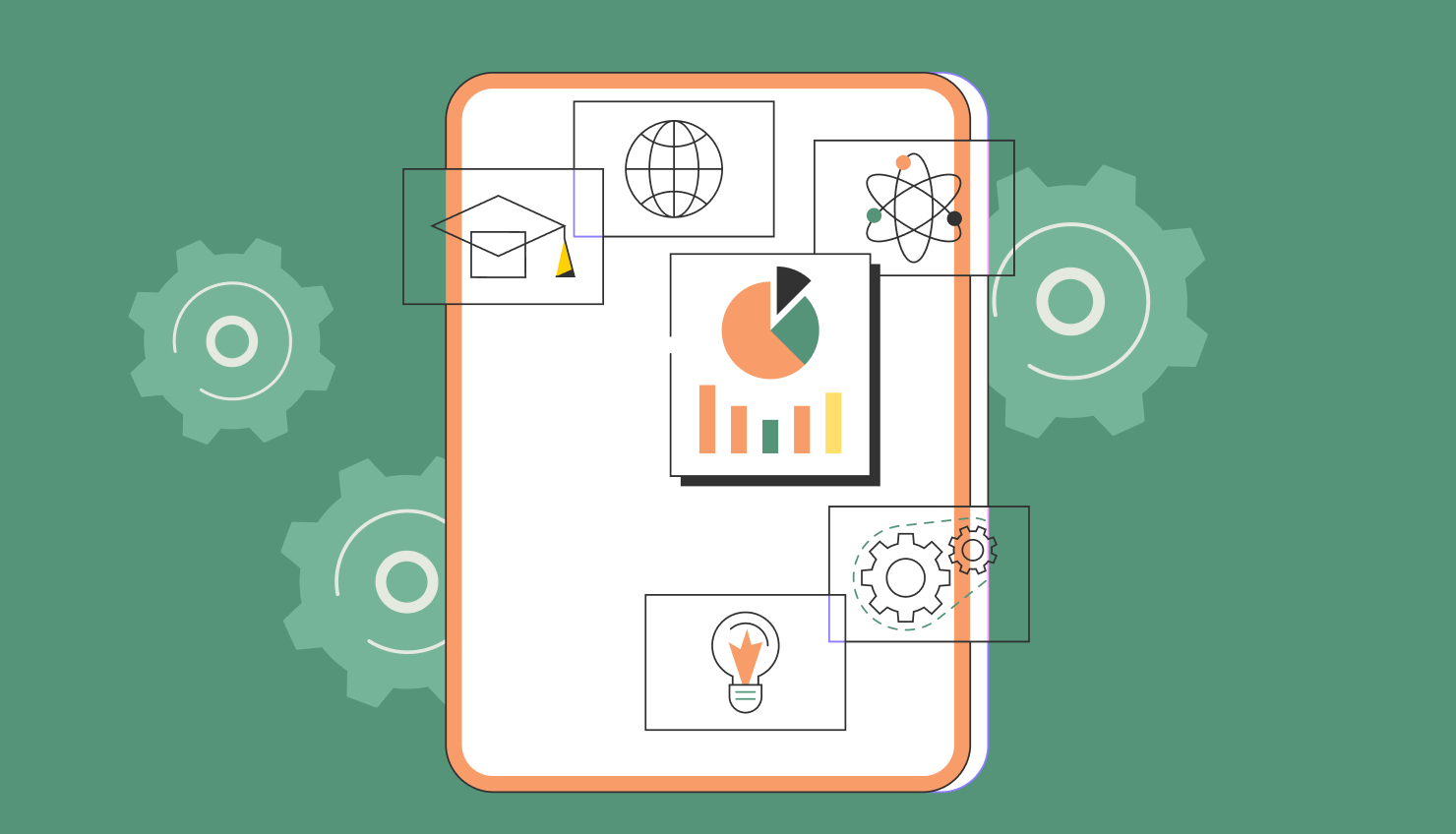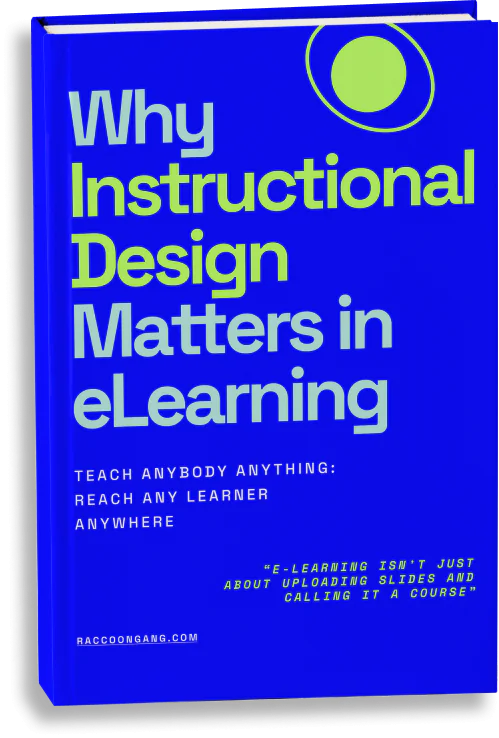Due to the presence of digital tools, students around the world at least have options to learn even when out of the classroom. Here are a few mobile learning examples around the world that are currently being used for e-learning.
Successful Mobile Learning Government Programs
Governments around the world are trying to bridge the learning gaps by offering televised lessons, online tutorials, etc. However, two endeavors are leading the charge on this. The first is from China, and the other is from the European Union.
China’s Response: Leading the Way
China’s response to COVID-19’s effects on the education system have been the most complete. On February 9, 2020, 200 million primary and secondary school students in the country started their new semesters online. It’s perhaps the most effective of the mobile learning examples out there today. Their adoption of the e-learning model has been praised by UNESCO. The organization has been in contact with the Ministry of Education in the country to offer support and understand their model.
The Ministry of Education’s switch to e-learning was planned for over a period of two weeks over teleconferencing. They organized discussions and meeting with school management agencies and course providers as well as telecom providers and other stakeholders. They essentially covered all the bases that they needed for the rollout to be a success. The Ministry of Education also joined hands with the Ministry of Industry and Information Technology to achieve this.
The major steps they took to accomplish a near total e-learning atmosphere are:
-
Mobilization of telecom service providers to boost internet connectivity, especially for underserved areas.
-
Upgrading the bandwidth of online education service platforms; in particular the National Cloud-Platform for Educational Resources and Public Service. This allowed the service of millions of visitors at the same time.
-
Mobilization of society-wide resources to provide online courses and resources to hundreds of millions of children. This has made available more than 24,000 courses for university students.
-
Validation of 22 online course platforms that have been augmented by Artificial Intelligence to provide education to primary and secondary schools
-
Advising teachers to adopt e-learning platforms, depending on their level of local e-readiness. This includes online platforms, digital TVs, mobile apps, etc. Teachers were also given guidance on teaching methods, which included live-streaming online tutorials, and MOOCs. The number of hours each grade is taught online varies by grade.
-
Strengthening of online security through various methods by collaboration with the telecom sector and online service providers.
-
Providing psycho-social support in order to provide knowledge about the coronavirus pandemic and the protections that exist.
“The response of China’s education system to the COVID-19 emergency is remarkable… Just one of the platforms, offered by the Ministry of Education, allows for 50 million students and teachers to connect simultaneously, enabling them to access primary and secondary education modules, as well as life skills, content relevant to a health emergency.”
-MarielzaOiveira-Director UNESCO, Beijing Office
EPALE (Electronic Platform for Adult Learning in Europe)
The European Union’s e-learning program called EPALE has also been working overtime due to the coronavirus pandemic. Various digital learning management systems from across the European continent have been functioning over time. A few useful tools that have been adopted include:
-
Moodle: An open-source program that was designed to help educators create courses online
-
Google Classroom: Designed to help students and teachers organize assignments and boost collaborations. This also helps them communicate with each other better.
-
Docebo: Helps to learning management through a system that focuses on professional development.
-
Blackboard: Offers resources, tools, solutions, etc., to deliver quality teaching online.
-
Edmondo: Tool for sharing class materials, sending messages, making learning accessible for students, etc.
-
Skooler: System that exclusively and fully integrates with Microsoft Office 365.
-
Ekstep: Program that offers a collection of literacy and numeracy learning resources. The tools provided to create news ones as well.
-
Cell-Ed: A tool that is designed to meet the needs of adult learners in universities and graduate schools.
-
LabXchange: Online community that has been established for learning and collaboration
-
Quizlet: Mobile and web-based study app that allows learning and teaching through games and other tools.
Other Great Government Led Mobile Learning Examples
-
BYJU’s learning app is Bangalore’s educational technology-based tutoring firm. Founded in 2011, it is now one of the most highly valued edtech companies in the world. It has announced free live classes on its Think and Learn app. Since then, it has seen a 200% increase in the number of new students, who which are using the product.
-
Lark is a Singapore-based collaboration suite that was developed by the company ByteDance. It has an internal tool that meets its exponential growth. It has begun to offer teachers and students unlimited video conferencing time. It also offers great tools like auto translate and real-time co-editing of project work. It stands as one of the most comprehensive mobile learning examples.
-
Alibaba has also offered a distance learning solution called DingTalk. The company has had to deploy over 100,000 new cloud servers to accommodate the online traffic.
-
The Los Angeles Unified School District and PBS SoCal/KCET have formed a partnership to offer local education broadcasts. In this partnership, several different channels are focused on different ages and a range of different options.
-
The BBC has also powered digital learning with a program called Bitesize Daily. Launched on 20th April, the program offers about 14 weeks of curriculum-based learning for children around the UK. Celebrities have also lent a hand with Manchester City player Sergio Aguero teaching some content.
Established Mobile Learning Platforms
There are various mobile learning platforms established privately around the world already. These range from platforms that have been established strictly for teaching school curricula, to those teaching tech-related subjects. Since they’re already established and have proper subscription models and premium content, they can be used to the advantage of students and teachers.
Khan Academy
Khan Academy is one of the oldest online learning platforms in the world. In addition, it’s also one of the best mobile learning examples in the world. It is a non-profit brainchild of Sal Khan. Offering courses in math, science, the humanities, etc., this app has become a boon for students around the world. Time Magazine even named the founder one of the most influential people in the world in 2012.
The biggest difference between this platform and others like Skillshare or Lynda is that the courses are free. You can take any of the courses that are listed online and they won’t charge a single dime. This service is going to prove very useful for those that want to learn complex concepts for free.
Skillshare
Skillshare is a relatively new platform that offers classes on more tech-related subjects. These include video editing, graphic design, learning computer and coding languages, SEO, etc. These skills, now in high demand, may be of great help for those willing to establish alternate careers or side hustles. These may also help young students that want to make digital- only careers out of their lives in the future. The service isn’t free, but it’s not very expensive either at just $10 a month.
Lynda.com
Lynda.com is very similar to Skillshare in that it offers mostly tech related lessons and classes. However, there are a variety of classes on Lynda relating to a lot of subjects, including CAD, coding, data analytics, sound design, etc. Like Skillshare, it also costs nearly $10 a month.
YouTube
We can’t forget YouTube as an example of mobile learning. It’s the biggest video hosting platform in the world and gets 30 million visitors a day. With over 300 hours of footage uploaded to the platform every day, it’s hardly in need of educational content. In fact, many content creators that want to learn about coding or graphic design begin here. The reason is accessibility and free content. Also, since YouTube is available for free around the world (except in some countries), it’s most people’s first choice. The amount of content available on YouTube about any subject from history, literature, mathematics, physics, etc. is staggering.
Types of Mobile Learning Strategies
There are various types of mobile learning strategies today that can be adopted by countries. They range from microlearning to social learning to gamification. These strategies are based on encouraging maximum participation through their functionality.
Microlearning
Microlearning is a more engaging and less time-consuming method of teaching. It is not the best solution for every training, but for simpler concepts and subjects it’s much easier to implement. Specifically commercial and corporate training can benefit from this.
Microlearning content examples include short paragraphs and phrases, photos and illustrations, and short videos. They also include short audio snippets, tests and quizzes, and even games.
While simple PowerPoint presentations and flash cards may also suffice for this, it’s not great for complex subjects. Hence, if a subject can be broken down into bullet points and can be simply delivered to students, microlearning works. If not, it doesn’t.
Gamification
Gamification of learning is a new concept being used in Apps to improve learning efficiency. It’s about using the principles in gaming to encourage learning. Hence, learning can be made to seem like a game you have to complete, with each achievement improving your score.
It’s meant to leverage the need for socializing, competition, and completion to drive learning. It leverages rewards that players get for completing levels in video games and implementing them in learning.
Reportedly, this approach to learning can result in higher learning engagement, immersive learning, and high recall factors. A great example of this is the app Duolingo. The app gives you short instructions on what words mean and how they can be used. Then it repeatedly quizzes you. Then, it shows you how much of the course you’ve completed. Combined with the reminders of coming back to the app and the great animations and images, it pushes engagement.
Mobile learning for business also leverages these gamification principles to enhance employee training and development programs, making the learning process more engaging and effective.
Efforts like these are making a huge impact on the future of e-learning. These examples will prove not only whether it’s possible to continue e-learning in the future but also how effective it is. This is a test not just to see how well we adapt to a pandemic but also how much we care for our children.






